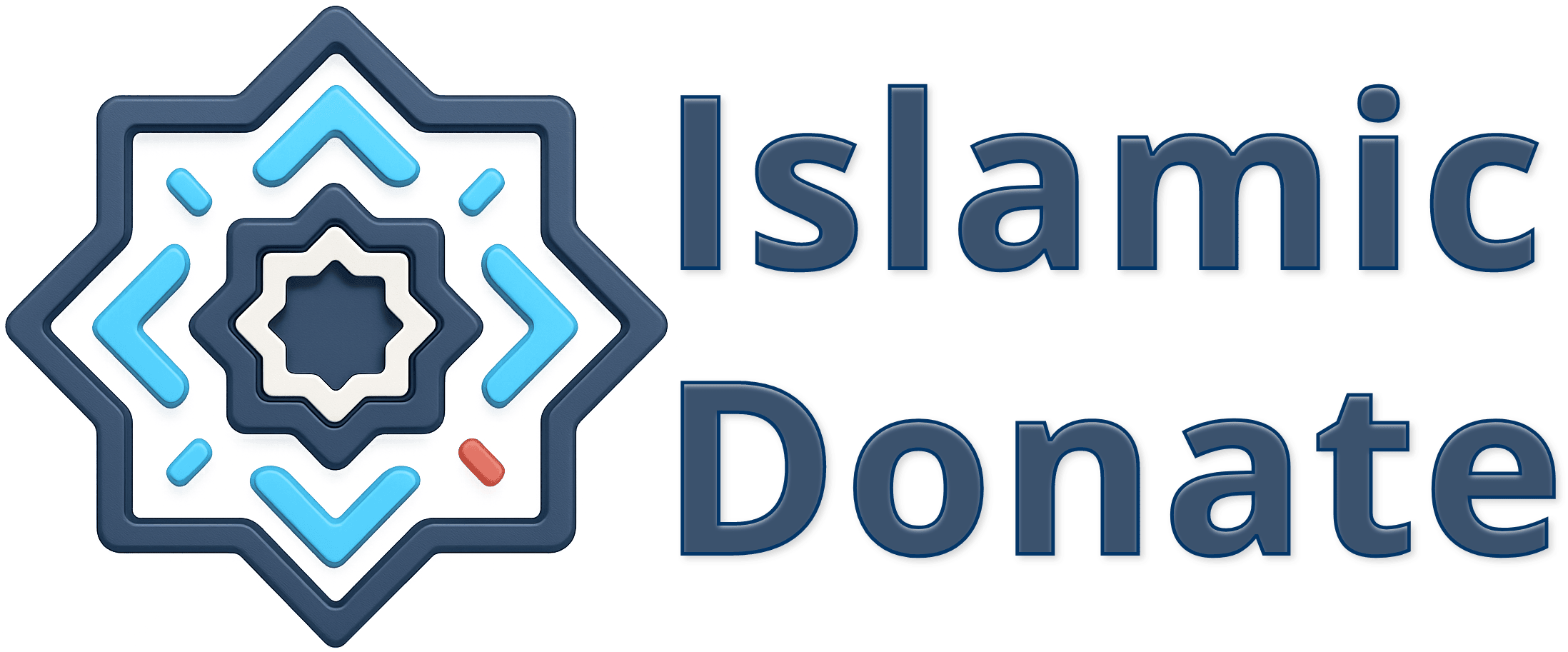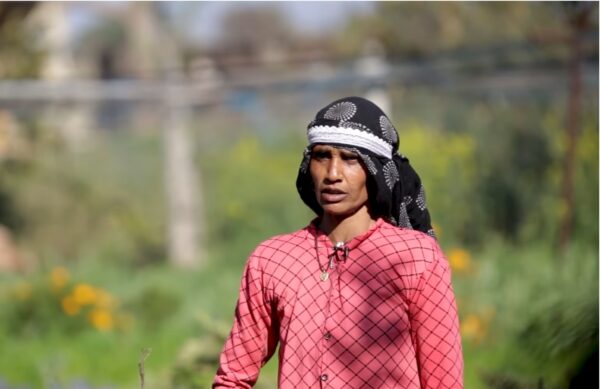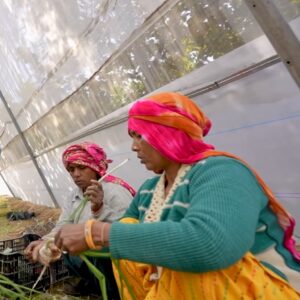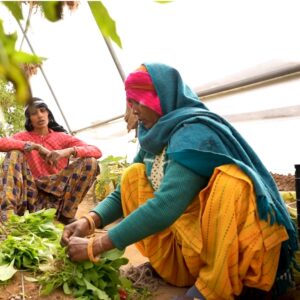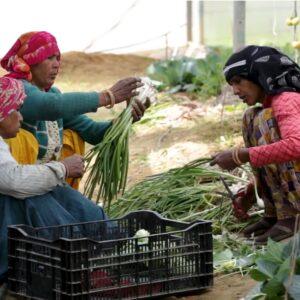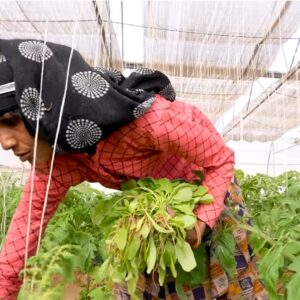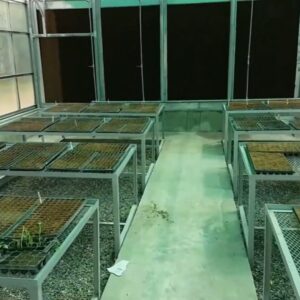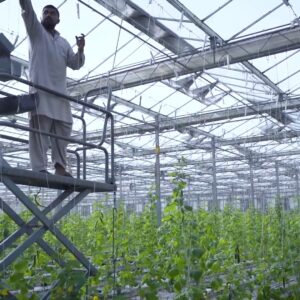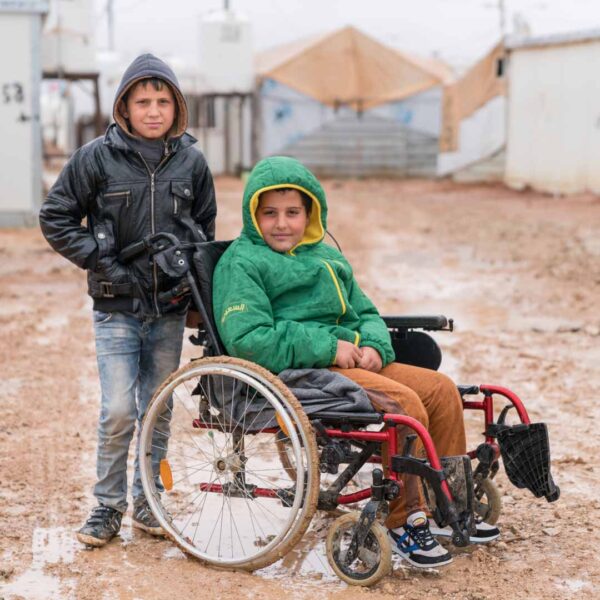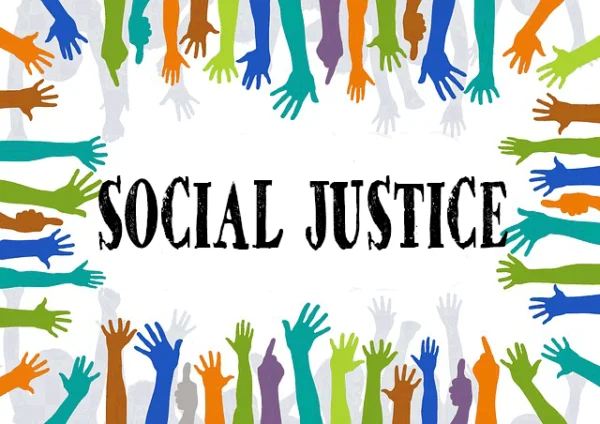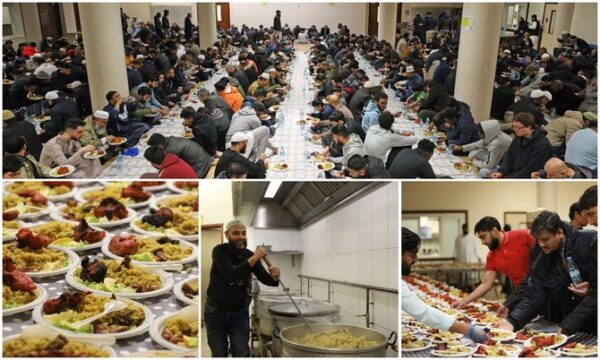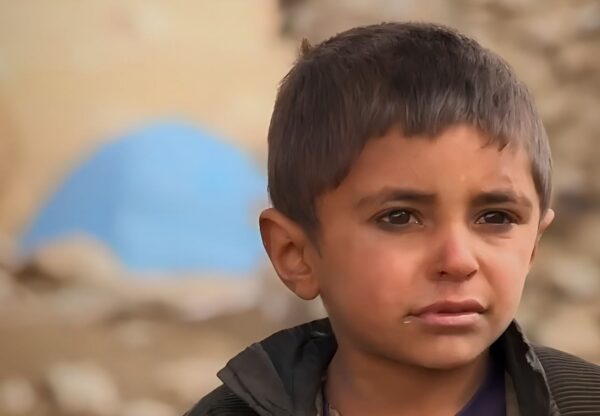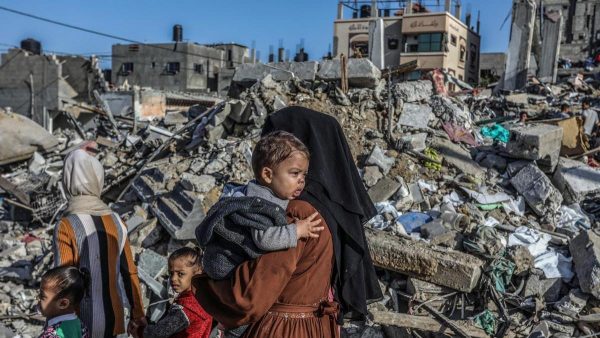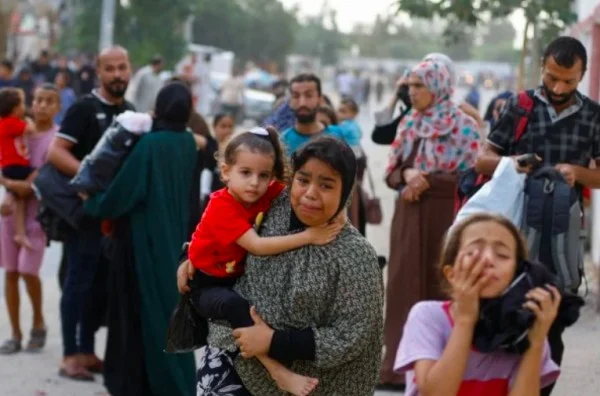Empowering Widows: A Journey of Resilience and Growth through Hydroponics
On International Widows Day 2023, our Islamic charity held a special rally in Pakistan. Our aim was simple yet powerful: connect widows with one another, fostering a space for collaboration and shared experiences. Little did we know, this event would spark a remarkable journey of resilience and growth for four incredible women – Kiran (35), Nadia (33), Saba (29), and Amina (29).
Years prior, thanks to the generosity of our crypto donors, these four women had received support to launch their own small businesses, each venturing into the field of agriculture through personal greenhouses. Fast forward to International Widows Day 2023, and a beautiful synergy emerged. These four inspiring women, empowered by your crypto donations, joined forces to embark on a new venture – a large-scale hydroponic greenhouse.
A year later, on International Widows Day 2024, we revisited these remarkable women at their new hydroponic haven. Witnessing their progress firsthand was truly humbling. We reaffirmed our commitment to their success, pledging continued support through your crypto donations. Until 2025, our Islamic charity will cover all the costs of seeds and essential plant solutions, alongside contributing to half of their greenhouse bills. You can also participate in this pledge and make a crypto donation.
This innovative hydroponic greenhouse is a testament to the power of collective action. Here’s a glimpse into the different sections:
- Seedling Haven: A dedicated area for nurturing young cucumber and tomato seedlings, ensuring a vibrant and thriving plant population.
- Research and Development Department: A space dedicated to exploring new techniques and advancements to further refine the quality and yield of their cucumber and tomato produce.
- Main Production Hall: The heart of the operation, boasting a large-scale cultivation area for an abundance of delicious and healthy cucumbers and tomatoes.
As we conclude this inspiring story, we offer our deepest gratitude to all our crypto donors. Your generosity has not only empowered these four extraordinary women but has also paved the way for a sustainable future for their families and potentially, for the wider community. May Allah bless you abundantly for your compassion and support.
This story serves as a beacon of hope, highlighting the transformative potential of crypto donations. By supporting our Islamic charity, you become an integral part of empowering widows, fostering self-sufficiency, and nurturing a brighter future. Let’s continue to write stories of resilience and growth, together.
Sustainable Agriculture & Women Empowerment: A Story of Crypto Charity
The ripple effect of Kiran, Nadia, Saba, and Amina’s collaboration extends far beyond their own success. Their large-scale hydroponic greenhouse has blossomed into a vital source of income and opportunity for the local community. Today, a team of 28 individuals, representing six families, find themselves employed within the greenhouse walls. This incredible development signifies a powerful shift – crypto donations haven’t just empowered four women; they’ve broken the cycle of poverty and hunger for six families.
The financial security provided by these jobs allows these families to meet their basic needs, invest in their children’s education, and dream of a brighter future. This is the true essence of empowerment – a single act of generosity creating a ripple effect that transforms lives for generations to come.
This story serves as a beacon of hope, highlighting the transformative potential of crypto donations. By supporting our Islamic charity, you become an integral part of empowering widows, fostering self-sufficiency, and nurturing a brighter future. Let’s continue to write stories of resilience and growth, together. May Allah bless you.

